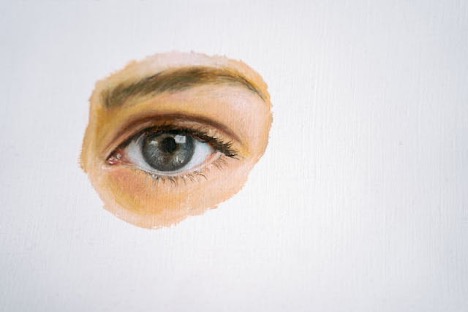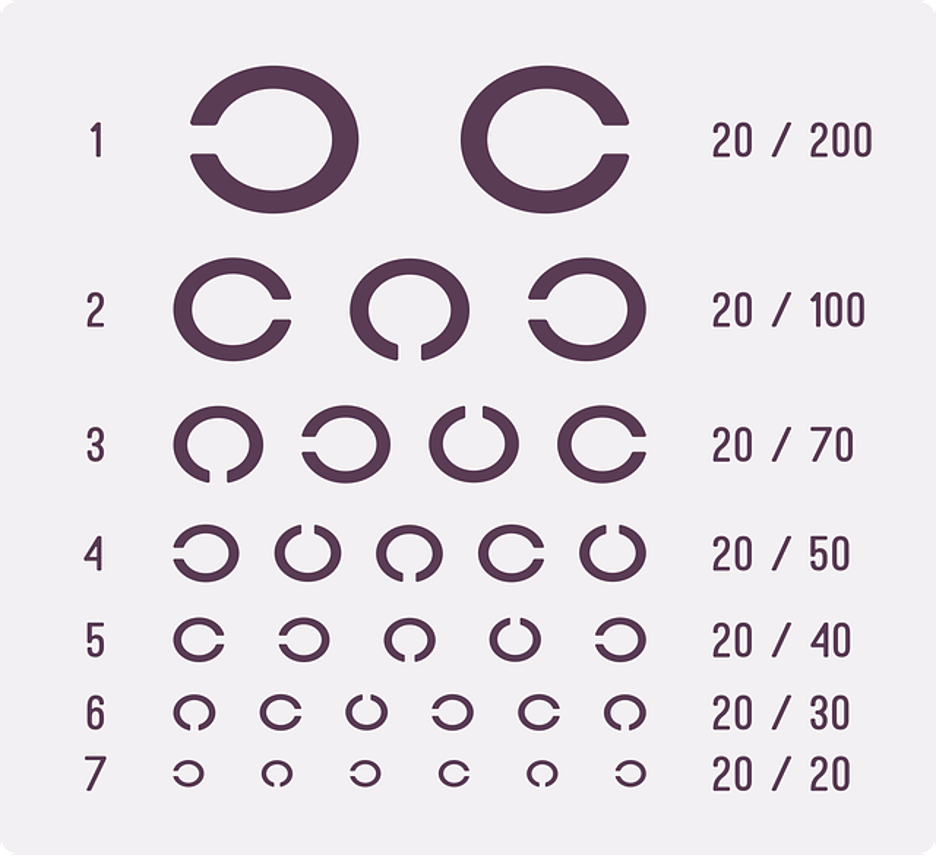Lasik is the favored laser corrective surgery for vision defects, including nearsightedness, farsightedness, and astigmatism. Lasik, or "laser-assisted in situ keratomileusis" is a procedure in which the cornea is reshaped, a refractive procedure that allows the proper light focused on the retina for improved vision.
To clearly see, the cornea and lens bend or refract so light rays center on the retina, light-sensing cells lining the back of the eye. These rays convert to impulses sent to the brain, where images are formed. These images will be blurry if the light isn't concentrated on the retina, a refractive error.
Ophthalmologists in New York City prescribe contacts or glasses and the option of refractive surgery to correct these errors.
Results are overwhelmingly successful, with people having a reduced reliance on contacts and glasses. Roughly 80 percent of recipients can forego these aids when performing daily tasks. Learn common myths and misperceptions with Lasik by visiting https://www.healthxchange.sg/head-neck/eye-care/lasik-myths-facts.
Facts About Lasik Eye Surgery

Many people choose Lasik to correct vision defects with great success. During the procedure, the surgeon uses a laser to reshape the cornea situated at the front of the eye to improve how light rays focus on the retina. Refractive defects result from a misshapen lens, cornea, or eyeball, leading to:
- Hyperopia or farsightedness allows only distant or far away objects to be clearly visible.
- Myopia or nearsightedness allows only close items to be distinct.
- Astigmatism creates blurry images, whether near or far.
- Presbyopia is also referred to as aging eye, which typically develops from age 40 on. It makes seeing very close challenging. Ophthalmologists correct this with reading glasses or bifocals, but Lasik is less successful with this defect.
Surgeons educate and inform prospective clients considering Lasik in NYC, addressing any questions and concerns for easier decision-making. Here are facts to know before pursuing surgery.
The criteria
During the Lasik consultation, the surgeon will determine your candidacy with certain criteria such as the following.
- Realistic expectations for the surgical outcome
- Stable vision health throughout the previous year
- Sufficiently healthy and thick corneas
- The refractive defect should be appropriate for treatment
- Age from 21 years and above, the eyes are still changing for people under the age of 21
There is no maximum age limit for pursuing Lasik. A consultation with an ophthalmologist to review your medical history and eye health will determine your eligibility.
The safety
Lasik has been studied extensively. Technological advances and refined techniques have continued to improve its success and have rendered the procedure among the safest elective surgeries.
Still, some individuals develop minor complications such as dry eyes, halos, and nighttime light sensitivity. Most side effects are short-lived, roughly a few weeks to resolve, but can extend to a few months.
The key to success is following the surgeon's pre-procedure instructions and aftercare for optimal healing.
As a rule, you can expect little to no discomfort from the refractive surgery. Surgeons administer numbing eye drops to ensure you only experience some pressure throughout the process.
The tool that fixes the eyelid in place for the procedure feels out of place but doesn't cause pain, nor does the laser as it reshapes the cornea. Recovery can involve some minor discomfort or itchiness, but these symptoms clear up rapidly.
The long-term
Many clients find long-term improved vision and freedom from wearing contact lenses or glasses after surgery. The cornea is permanently reshaped; however, a small percentage of people require touchups when the eye's lens changes shape.
Most clients, over 99 percent, with "-3 diopters astigmatism and those with "“7 diopters nearsightedness" enjoy 20/20 vision in both eyes following Lasik.
While the success rate is high, freeing people from their dependence on contact lenses and glasses, some people could require reading glasses as age progresses and the eye lenses lose flexibility.
As a rule, once you open your eyes following the surgery, you will experience improved vision; this will grow clearer over a few-hour timespan. The eyes will require roughly six months to fully heal, with continued improvement over that time period. Click here for details on laser eye surgery.
The surgeon
Research and planning are integral to Lasik's success. The ophthalmologist must be board-certified, with specialized training in the procedure. When comparing professionals, it's wise to confirm their credentials. A reputable provider will show proof of their training and certification.
The surgeon should further describe their success rate and complications they've encountered, plus offer customer testimonials describing individual experiences. In order to make the most informed decision, address any questions or concerns that will allow the greatest confidence in moving forward with the surgery.
A final decision on the best surgeon for your particular needs will depend on the ophthalmologist's reputation, years performing Lasik, low complication and high success rates, competitive rates, and those who offer personalized care.
The right provider will spend time assessing your medical history, comprehending your specific vision needs, and consider your lifestyle before recommending the appropriate treatment.
Following consultation, you should know what to expect and have realistic expectations for recovery and eventual surgical results.
The costs

Lasik national average price point is roughly $1500 for each eye but can range between $1200 and $2600 depending on your specific circumstances, the Lasik surgery needed, the technology used, and the surgeon's credentials, qualifications, skill set, and clinic charges.
Financing options are typically available with flexible payment plans to make the surgery more affordable and accessible to a broader audience. An investment in Lasik is a wise one for those who qualify based on the high success rates and its safety level.
Final Thought
When pursuing Lasik as a corrective solution for vision defects, it's essential to have realistic expectations following the procedure and for future vision needs. As age progresses, the eyes naturally change, with some requiring reading glasses. It's also possible to develop cataracts.
As these changes occur, it's wise to reach out to your ophthalmologist to determine the most appropriate solution.
